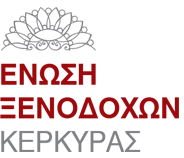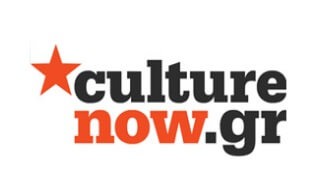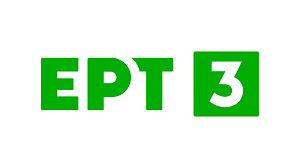Focusing on sustainability, which aims to achieve human development goals and at the same time support ecosystems at present and in the future, the document “Transforming our world: The 2030 Agenda for Sustainable Development”, sets the new goals, from the perspective of 2030, while emphasizing the importance of higher education in the efforts for a better future. In other words, the concept of sustainable university is a matter of interest for the research community of quality higher education and its influence as a role-model in society for the last decades. Also, more than 300 Universities and Higher Education Institutions (HEIs) were among the first official bodies to sign the Sustainability Declarations.
However, though it is well-established that the balance between the three pillars-environment, society, economy - is the main key to sustainability, little has been explored the need of changing the norm throughout the cultivation of a new culture in higher education. Based on that, this theoretical study aims to examine the relation between digital culture and sustainability.
Researchers argue that education will meet the needs of people if it complies with the framework of sustainable development and guides the community to psychological and livelihood stability as otherwise, it loses its value. Universities have the advantage of providing better knowledge in all three aspects of sustainability but mainly in shaping the mentality of members of the academic community and especially students. In other words, today's education is capable of leading to solutions and exploring new paths to a better future through the preparation of leaders and citizens.
Yet, though there is a common acceptance of the need for appropriate actions and applications that lead universities to a pioneering and dynamic position, these changes remain far from meeting their potential of transformation. Bibliography notes a number of preventive factors that are widely associated with physical, environmental (business), financial, informational, managerial, and organizational categories.
However the existing evidence from green initiatives and actions that make the operation of a university more sustainable only recently the research records and examines the value of culture on the axis of the sustainable university. It is mainly pointed out the need to change the existing norm.
On the other hand, the impact of digital culture, within technological innovation, stands as novel form of shaping the interaction between humans. The social connectivity as a result promotes a different speed of learning opportunities and outcomes..
Based on the above, it is demonstrated through the literature that the impact of digital culture on appropriately sustainable behavior at the academic and social level has not been adequately studied.
A sustainable culture is suggested to be the solution that is needed. In this line, it is supported that if HEIs are to fulfil their potential goals as a miniature of society in organizations but also as technical, cognitive and cultural role models of sustainability for this and the upcoming generations of students and leaders as well as into the wider stakeholder community, they need to undergo significant cultural change and transformation. This transformative impact seems to be located in digital culture.
This ignites a research interest in conceptualizing a new framework about the culture in, for and as sustainability. This new concept in the field of sustainability in education underlines a change of attitudes and the need of developing a new set of values and behaviors. This idea implies that culture could be justified as a new pillar.
Following the previous, this theoretical study aims to investigate this new idea of cultural sustainability in the field of education. This relation between these two will be examined on the axis of higher education. Also, the factors comprising this concept will be investigated. Finally, digital culture will be explored as transformative means of norm driving to a culture of renewal.
Back
SPONSORS
 Agora Restaurant Grill House
Agora Restaurant Grill House Lupin Aperitivo Espresso Bar
Lupin Aperitivo Espresso Bar






























